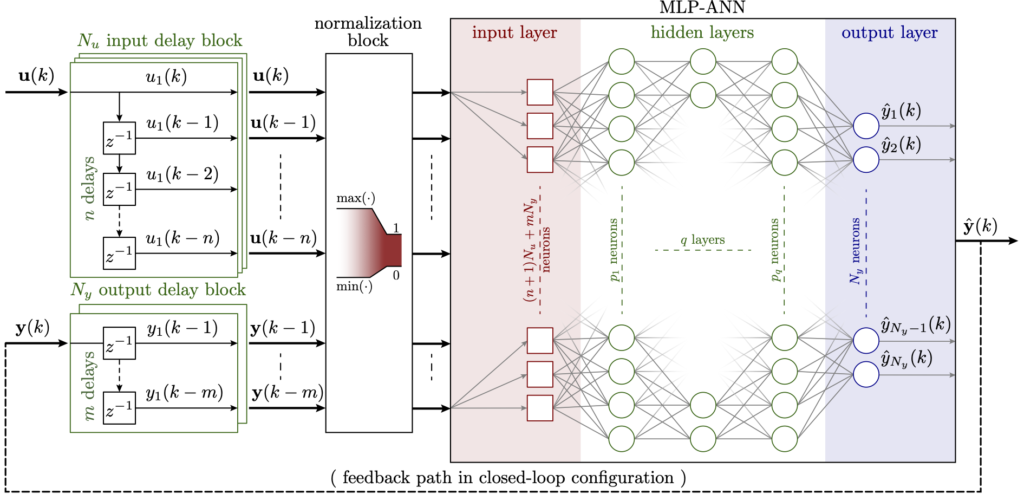Nowadays, artificial intelligence (AI) is expanding rapidly and is one of the most salient research areas during the current technological revolution. The proliferation of AI is driven by its ability to process and analyze vast amounts of data, enabling it to solve complex problems across various domainsì. The surge in data availability presents immense opportunities and establishes a robust foundation for implementing AI in power electronics. The proliferation of the internet-of-things, smart-grids, and other data-intensive technologies has led to an exponential increase in data generation within the power electronics sector. This abundant data serves as a valuable resource for AI algorithms to analyze, unlocking new insights and optimizations that were previously beyond reach.
AI techniques have been successfully applied in various power electronics applications, and it is expected that their use will continue to grow in the future. It has been applied for control purposes, predictive maintenance, parameter estimation, automatic design, and black-box modeling.
